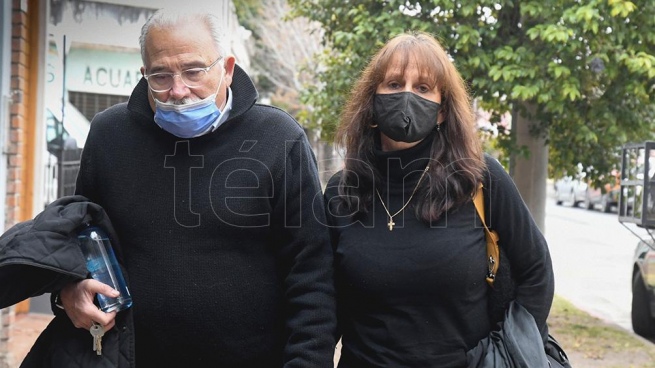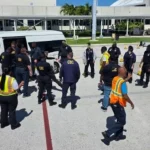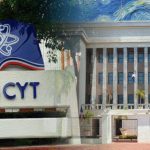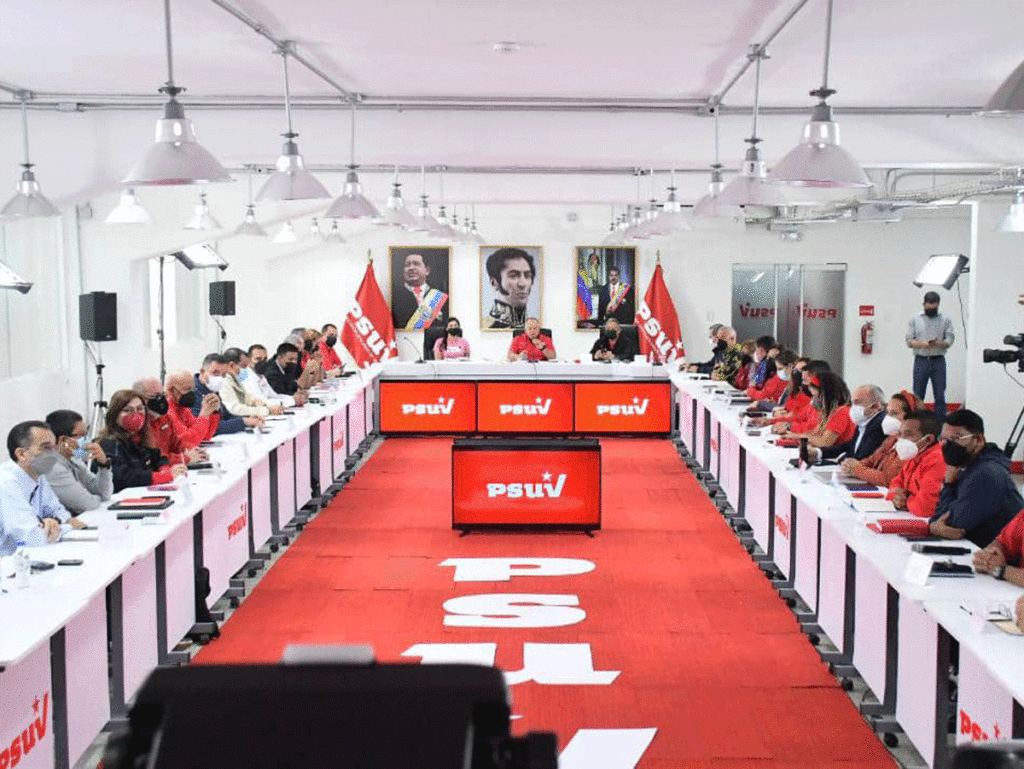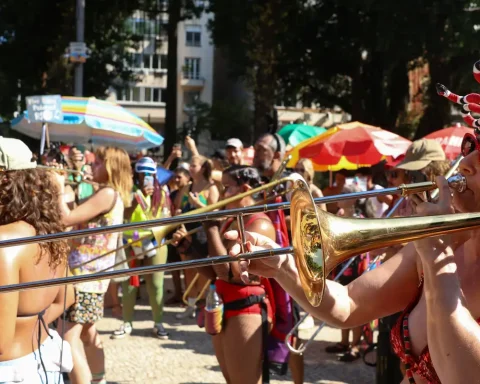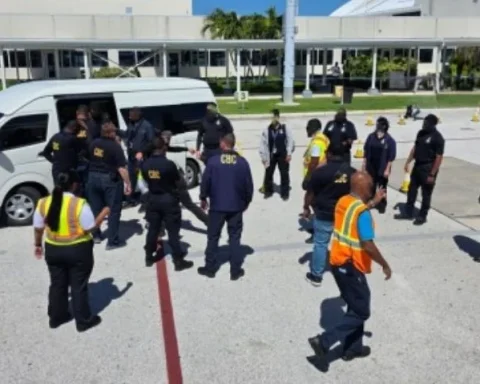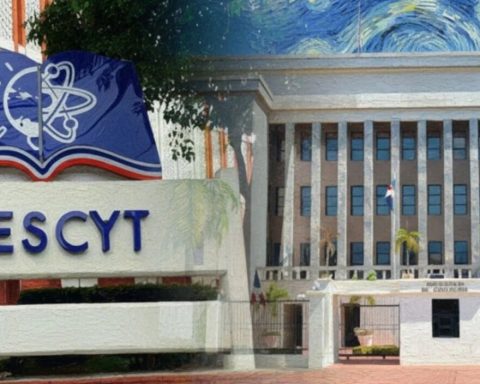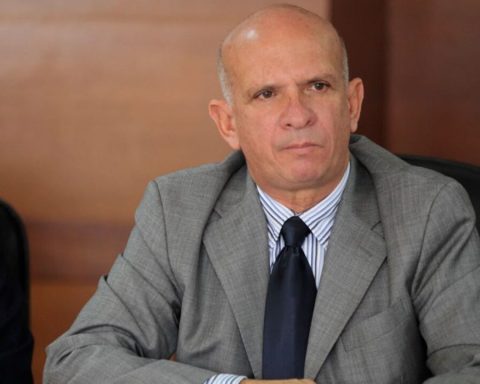The mother of the musician Santiago “Chano” Charpentier formulated this Monday a public call to modify the National Mental Health Law No. 26,657, in the midst of the health situation that his son is going through, who fHe was hospitalized again for his addiction to psychoactive substancesduring a day of reflection in the Senate, on the 11th anniversary of the sanction of that norm, which establishes that addictions must be addressed as an integral part of mental health policies.
Marina Charpentier considered before the legislators, specialists and relatives of people who suffer from addictions and problematic consumption of psychoactive substances that article 20 of the Mental Health Law should be reformulated, which maintains that “The involuntary hospitalization of a person should be conceived as an exceptional therapeutic resource in the event that outpatient approaches are not possible”.
The article also adds that “it can only be carried out when, at the discretion of the health team, there is a situation of certain and imminent risk for itself or for third parties.”
The musician had to be interned again in the Otamendi sanatorium, in the City of Buenos Aires, as a result of his illness.
NOW watch the second day of reflection and debate: “11 years after the sanction of the Mental Health and Addictions Law”, organized by Senator @MarioFiad and the deputy @M_Campagnoli ? https://t.co/83j2sJdwup
– Argentine Senate (@SenadoArgentina) May 30, 2022
“I don’t know what they are going to do with this law, but article 20 must be changed. And an addicted person has his will taken over by the substance and cannot decide with his right mind what is good and bad for him”expressed the woman from the Auditorium room of the annex building of the Senate.
Charpentier added that “The supposed interdisciplinary team (mentioned in the law) has it (the singer) because he pays for it, but I wonder what happens to the rest of the mothers of addicts who have that possibility”.
“It is full of mothers who do not have prepaid, who have nothing. Imagine if they do this to me, who know that I can be in the media saying this, what awaits the other mothers,” he said.
Charpentier complained that the Police require a search warrant from a judge to intervene in cases of psychotic outbreaks like Chano’sthe leader of Tan Bionica and now soloist, who starred in several episodes derived from his addiction to drugs in recent years.

“What search warrant should I have to save my son’s life? My son only consumes marijuana, THS alters the functioning of the brain, there is neuronal noise, it generates hallucinations, panic,” he said after listing the factors why marijuana is noxious
The woman reported that on Monday her own son told her that he couldn’t take it anymore and that’s how she managed to take him to the Otamendi Sanatorium but said that the next day he felt better and wanted to escape, naked, from the room and that’s why he called 911 and this Police once attended the scene.
As he said, only After taking testimony from the patient’s psychiatrist, it was possible to medicate him again and he regretted that this time the police did attend the emergency call.
He also questioned the attitude of the agents who received calls requesting assistance in previous episodes and posted a tweet in which a police employee made the request for help public because it was a public person.
The day of debate in which specialists and legislators participated was organized by the senator of the Radical Civic Union (UCR), Mario Fiad, and the deputy Marcela Campagnoli.
The National Mental Health Law N| 26,657 dedicates its entire chapter VII to the stipulation of hospitalization, both voluntary and involuntary. In the case of the latter, the rule stipulates that it can only be done when the health team determines that there is a situation of certain and close risk for the person experiencing a mental health condition or for third parties. It is also necessary that in that situation there is no other more effective possibility for the treatment of the person. In turn, it indicates that the hospitalization must be notified within ten hours to the judge and the Mental Health Review Body.
Whoever is interned against his will has the right to be assisted by a lawyer, private or provided by the State. The acting judge must request health reports every thirty days at most.
On the other hand, the limitation of visits must be exceptional and duly founded by the intervening interdisciplinary team. The receiving institution must guarantee the patient communication with the family and relatives of her if required.
